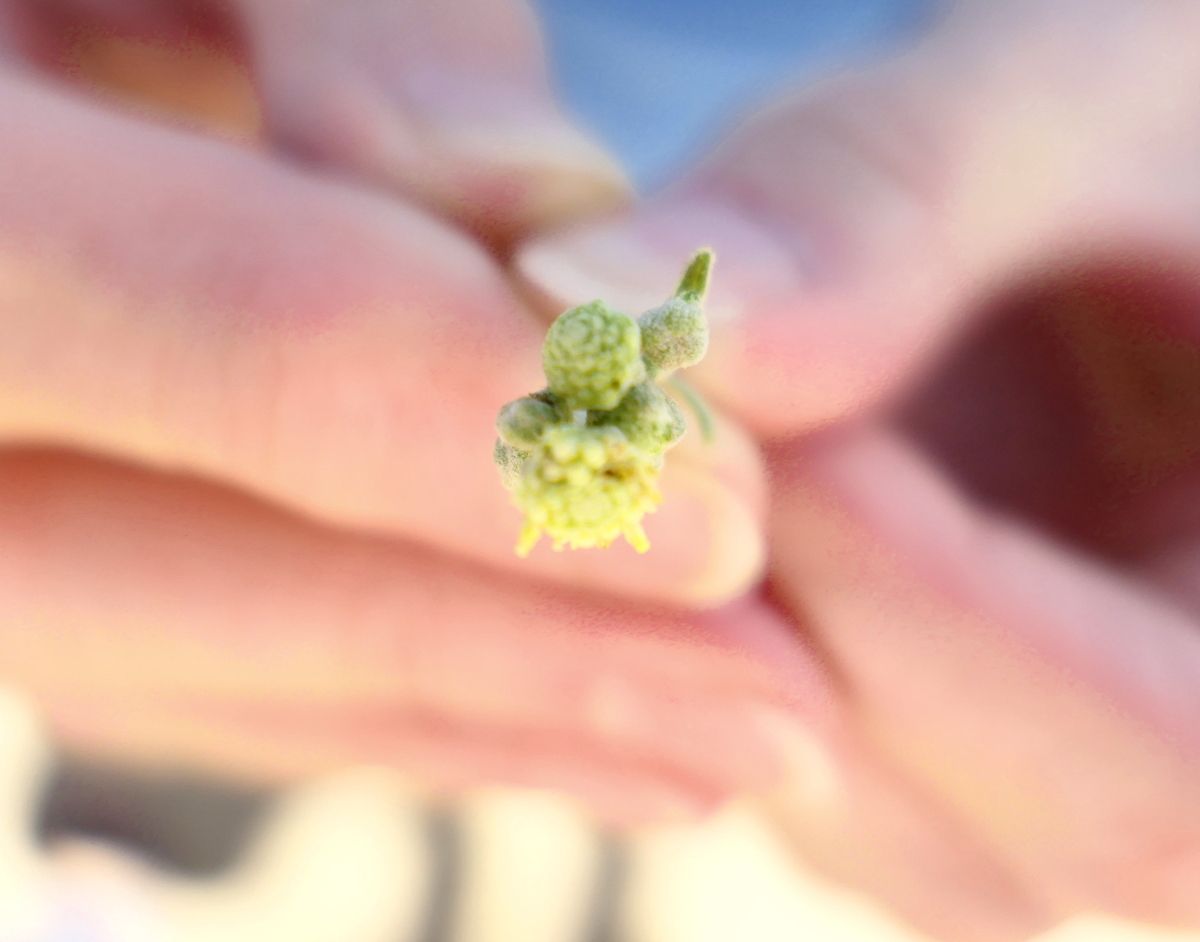D: Holy Guayule Yaël!
Y: Holy what?
D: Guayule! It's a desert‑dwelling shrub from the Southwest.
Y: What's about guayule? I've never even heard of it!
D: Several things. One of the most important features of the guayule plant is that it is a source of natural latex, ideal for making gloves and other natural rubber products used in the medical industry. But unlike the more common latex extracted from rubber trees, latex from guayule plants does not contain the proteins that cause severe allergic reactions in some people.
Y: Nice.
D: But that's not all. Crop researchers have discovered that the guayule plant is a potentially valuable source of energy. After the latex is extracted from the plant, you're left with the ground up stems and branches--called "bagasse." Bagasse from guayule contains about as much potential energy per pound as charcoal. USDA chemists are working to develop efficient methods to convert bagasse into ethanol and other consumer‑ready products. Guayule has a few advantages as a source for biofuel. One is that it grows and thrives in the desert. That means it can grow in areas where other crops can't. Guayule shrubs can also be harvested year‑round, and require very little fertilizer or chemicals to grow. On top of that, the latex extraction process uses only water, no harsh solvents, so the process of producing latex and bagasse is relatively clean.
Y: That does sound promising. I look forward to hearing more about guayule in the future!
D: I suspect we will.










